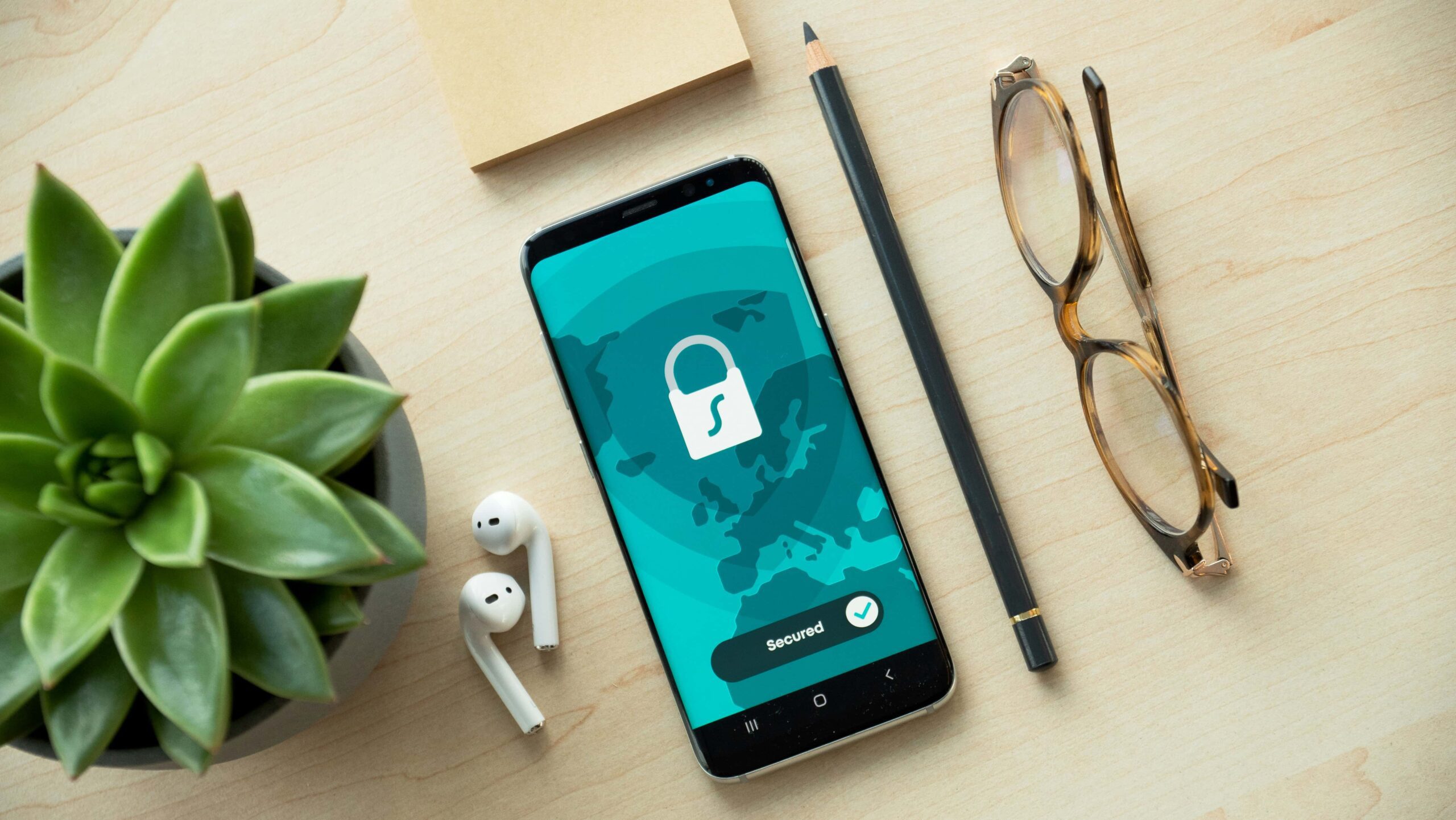Essential Tips to Protect Your Business from Cybersecurity Issues and Keep Your Data Safe
In today’s digital age, safeguarding your business from cyber threats is crucial. This article delves into essential strategies to protect your business from cybersecurity issues. From understanding the latest threats to implementing robust security measures, you’ll learn how to keep your company’s data and systems secure. Whether you’re a small business owner or part of a larger organization, these insights will help you create a strong defense against cyber attacks, ensuring the safety and integrity of your valuable information.
Here are some examples of the latest cybersecurity threats:
- Ransomware Attacks: Malicious software that encrypts data and demands payment for its release.
- Phishing Scams: Deceptive emails or messages tricking recipients into revealing sensitive information.
- Zero-Day Exploits: Attacks targeting software vulnerabilities that are unknown to the vendor.
- IoT Vulnerabilities: Security weaknesses in connected devices that hackers can exploit.
- Insider Threats: Employees or contractors who misuse their access to company data for malicious purposes.
These threats highlight the importance of staying vigilant and implementing comprehensive cybersecurity measures.
When running your own business, a lot of responsibility falls on your shoulders. After all, you’re then expected to manage everything from employee schedules to customer satisfaction and acquisition.
However, in the current climate, you should also ensure that you are devoting your time and attention to developing a strong cybersecurity process. After all, while you may think that being a small business means that you are unlikely to be considered a target by hackers, small businesses account for 43% of cyber attacks annually.
Photo by Dan Nelson on Unsplash
Business Cybersecurity Best Practices
Given that cyberattacks can lead to everything from reputational damage to legal troubles and financial losses, it is something that you work hard to protect yourself against. With that in mind, here are just some of the ways in which you can protect your business moving forward!
- Familarize yourself with regulatory changes – There are numerous regulations that businesses must adhere to when it comes to running a successful business, many of which were put in place to protect customer data. Familiarizing yourself with these regulations and any changes ensures that you remain compliant and that you are doing everything you can to keep your business safe. For example, if you often send out emails en-masse from platforms such as Gmail, you should familarize yourself with recent DMARC Compliance Changes.
- Use a VPN during your day-to-day operations – A VPN (Virtual Private Network) encrypts your internet connection and IP address, which can help to ensure that your online activities remain private. This, in turn, can play a key role in keeping customer data private. While this is one of the primary advantages of vpn software, these tools can also be used to improve internet connection speeds, which could also mean that you are able to work more effectively.
- Factor cybersecurity awareness into your employee training – On-site training is a great way to bring new employees up to speed when joining your company. This means that they can become an asset to your team on the very first day of their employment. However, while in the past, your training may have been focused only on their role within your business, you should now take the time to teach them about the importance of cybersecurity, too. This becomes particularly pertinent when you consider that 88% of data breaches are caused by an employee mistake.
- Set strong passwords and switch them up regularly – A large proportion of data leaks are triggered by poor password protection on business accounts. One way to remedy this is by setting strong passwords for all of your accounts. Ideally, they should include a mixture of upper and lowercase letters and special characters and the words or phrases used should not link directly back to you (i.e., your birthday). While ⅔ of people use the same passwords across multiple accounts, you should use unique passwords here, as otherwise, a single leak could mean that all of your accounts are compromised. You should also change your passwords every few months to heighten your security measures.
Protect Company Data from Hackers
In addition to the above suggested best practices, to help protect company data from hacks, consider implementing two-factor authentication for all accounts and regularly update software and systems to patch vulnerabilities. Use advanced firewall and encryption technologies to safeguard sensitive information. Additionally, invest in a comprehensive cybersecurity plan that includes data backup and disaster recovery procedures to mitigate the impact of potential breaches.







